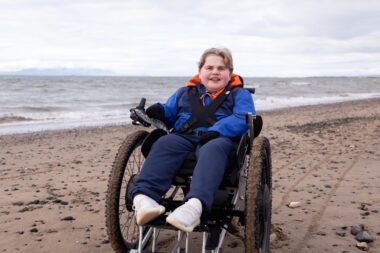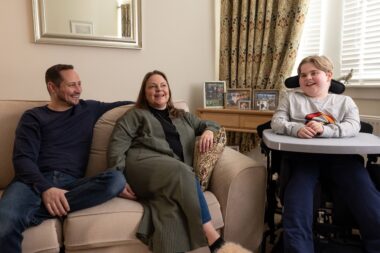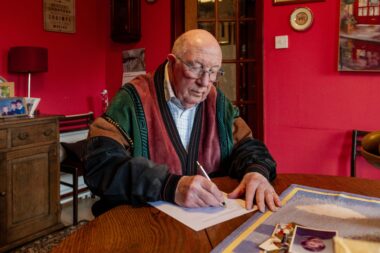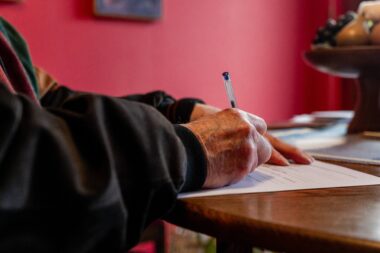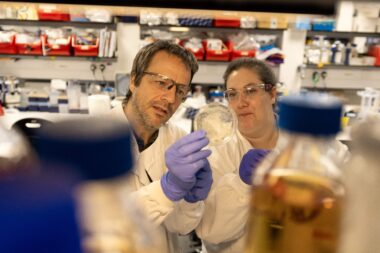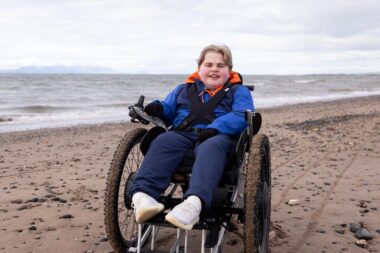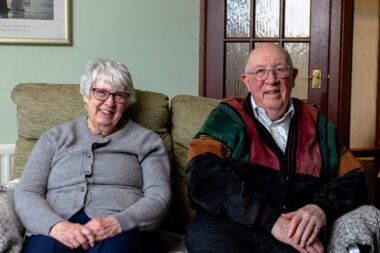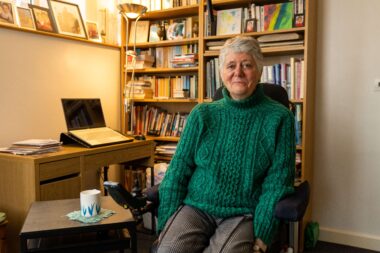A diagnosis of a muscle wasting or weakening condition shouldn’t define anyone’s story.
That’s why we’re funding groundbreaking research that will make long term treatments – and even cures – a reality.
For over 60 years, we’ve helped people to stay independent, grow careers and start families. We’ve come a long way, but it’s not enough.
Together, we can change the story for good. Leave a gift in your Will.
